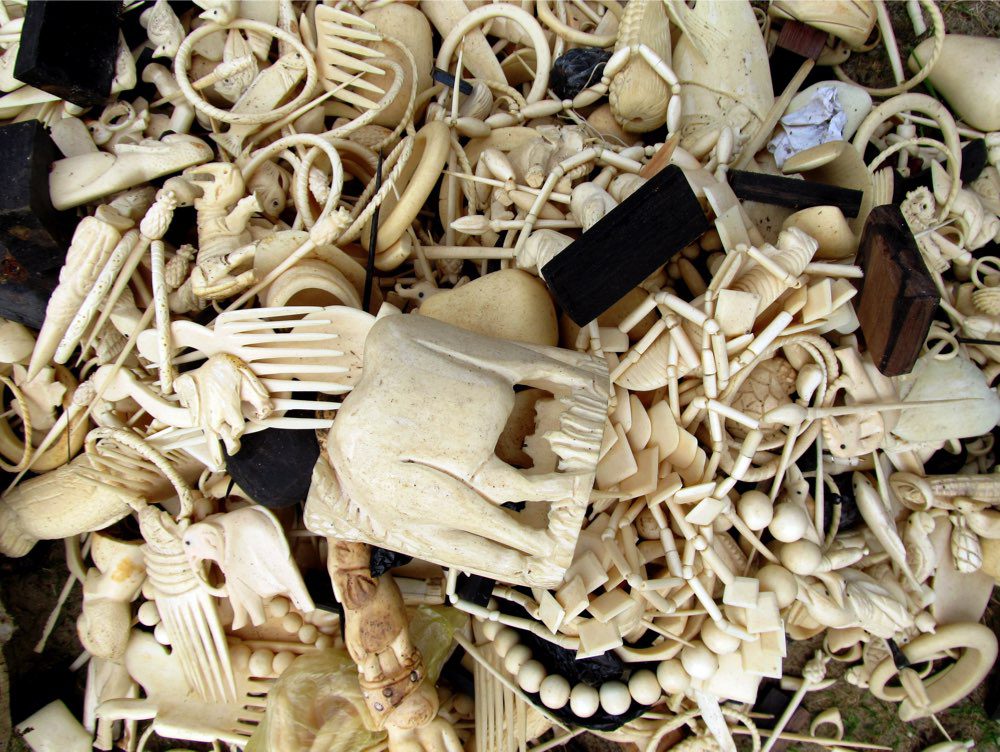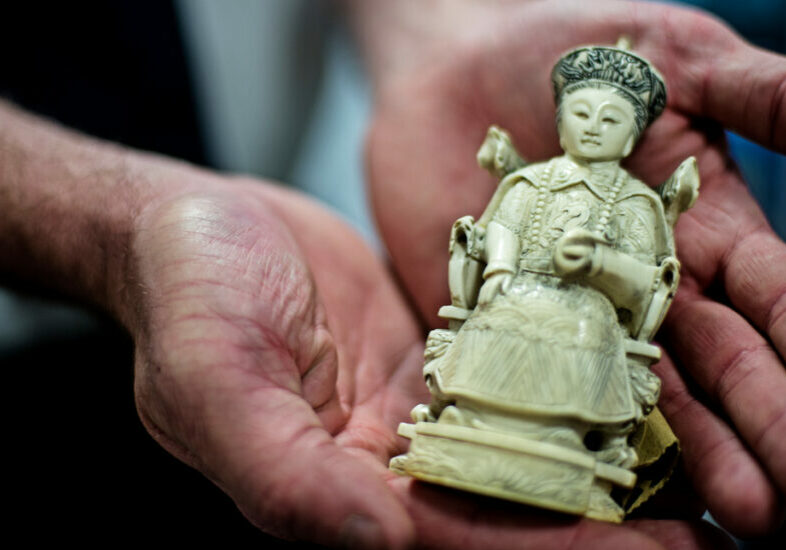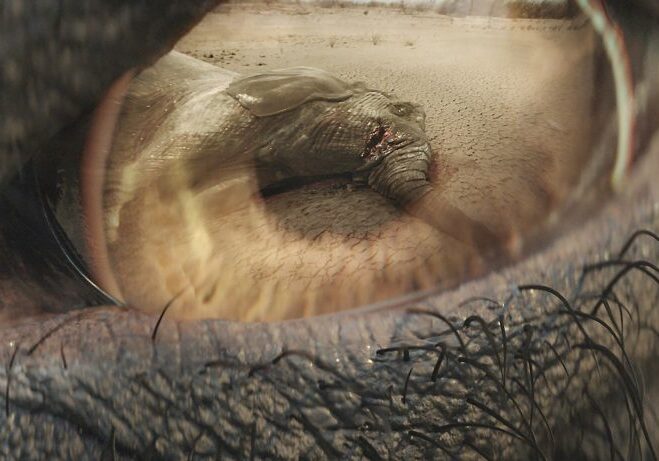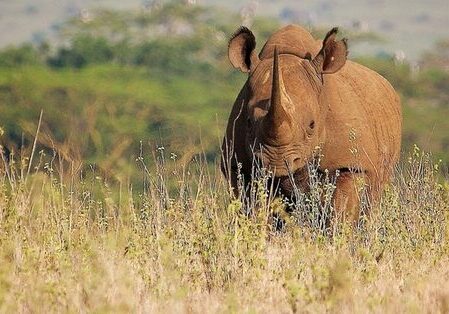Long-awaited legislation to ban the sale or purchase of ivory in the UK is the latest nail in the coffin of the international ivory trade, which has decimated African elephant populations.
The UK Ivory Act came into force on 6 June 2022, making it illegal to deal in any items containing elephant ivory, with a few limited exceptions. Ivory dealers now face fines of up to £250,000 or up to five years in prison.
International trade in ivory has been banned for many years, but legal domestic markets can maintain demand for it and enable criminals to launder illegally sourced ivory.
Though the UK hasn’t been one of the main markets driving poaching and trafficking, there’s evidence to show that UK sales of antique ivory have been linked to illegal trade.
The government first pledged to close the UK ivory market back in 2010, but it took seven years before a bill came before parliament. More than 60,000 of you supported our campaign calling for a comprehensive UK ivory ban, and the government finally introduced legislation to change the law in 2018.
Even that wasn’t the end of the story though, as delays caused by Brexit, Covid-19 and legal challenges from the antiques industry prevented the law from coming into force.

© WWF / BAS HUIJBREGTS
While progress in the UK has been slow, other countries have acted decisively to close down ivory markets. China, which used to have the world’s largest ivory market, outlawed all ivory trade in 2017. Other markets including Singapore and many African countries soon followed.
But though we are seeing positive steps to reduce demand for ivory, Africa’s elephants remain under threat. In 2021, the International Union for Conservation of Nature (IUCN) updated its Red List of Threatened Species, reassessing the African forest elephant as critically endangered and the African savannah elephant as endangered.
With around 50 elephants being killed for their ivory every day during the last decade, both species are now a step closer to extinction.
The number of African forest elephants is estimated to have fallen by more than 86% since 1990, while African savannah elephant populations are thought to have decreased by at least 60% over the last half-century.
The UK’s ivory ban applies to ivory products of any age, though it includes some limited exemptions, including portrait miniatures, musical instruments and sales to museums. Any sales meeting these exemptions need to be registered and certified on a government website to prevent criminals from exploiting legal loopholes.
Now that the UK has its own house in order, we want to see it continue to work globally to conserve elephants, by implementing the Ivory Act and working with countries where elephants live.
We also want to see steps taken to close remaining domestic markets that are potentially linked to illegal trade. These include the EU, which has introduced tough new guidelines that now need to be followed by member states, and Japan, the world’s largest remaining legal ivory market.
Adopt an elephant
You can help protect elephants and turn the tide on poaching by adopting an elephant.
More to explore

Tackling the traffickers
Wildlife crime continues to threaten some of our most precious species. But with your support, we’re taking action to stop the traffickers, sever the trade routes and improve law enforcement

